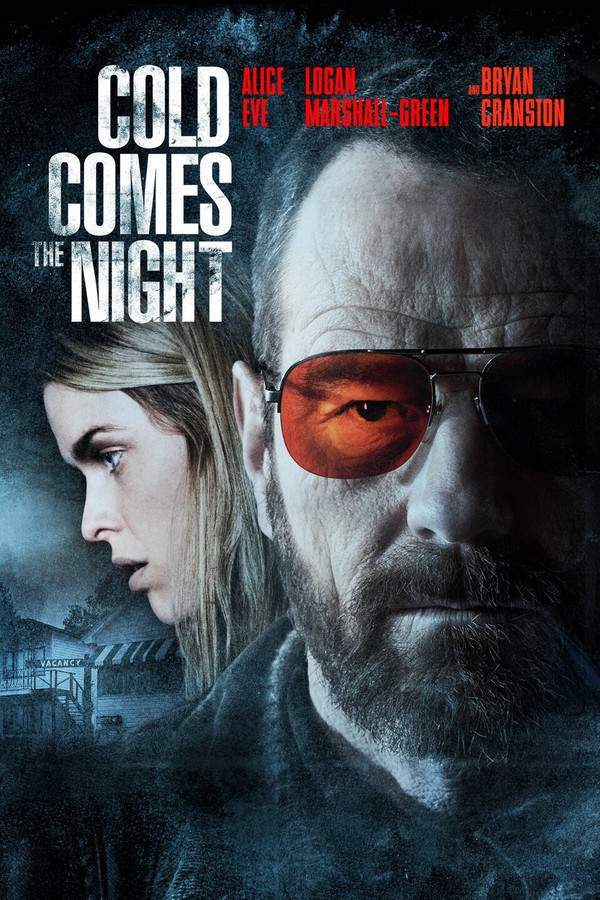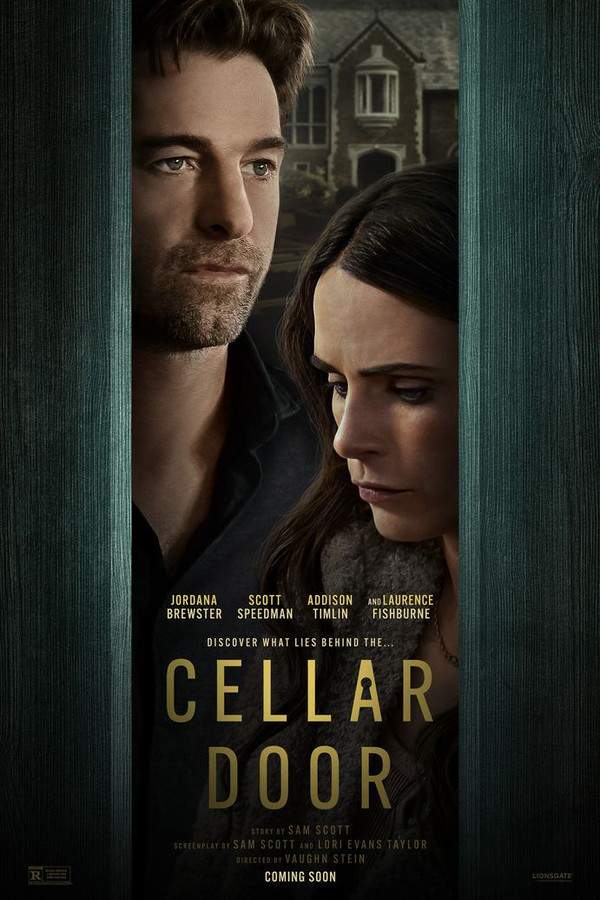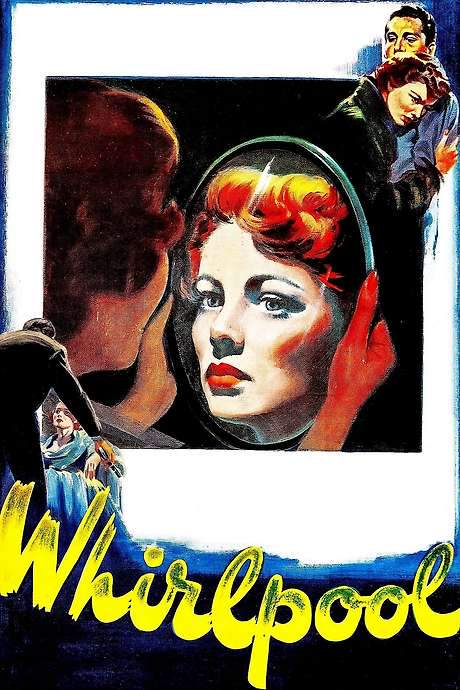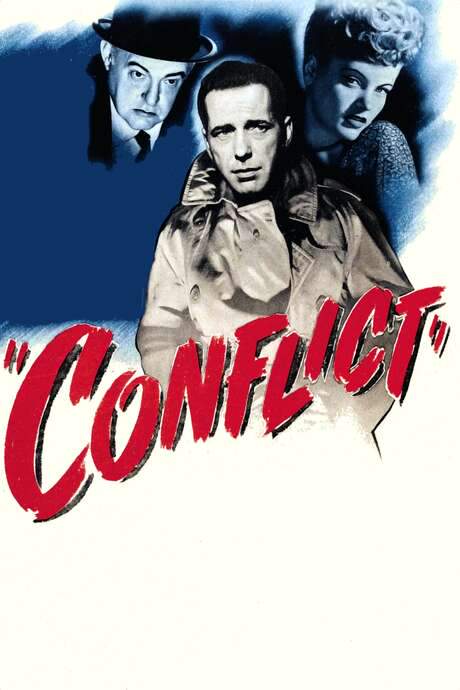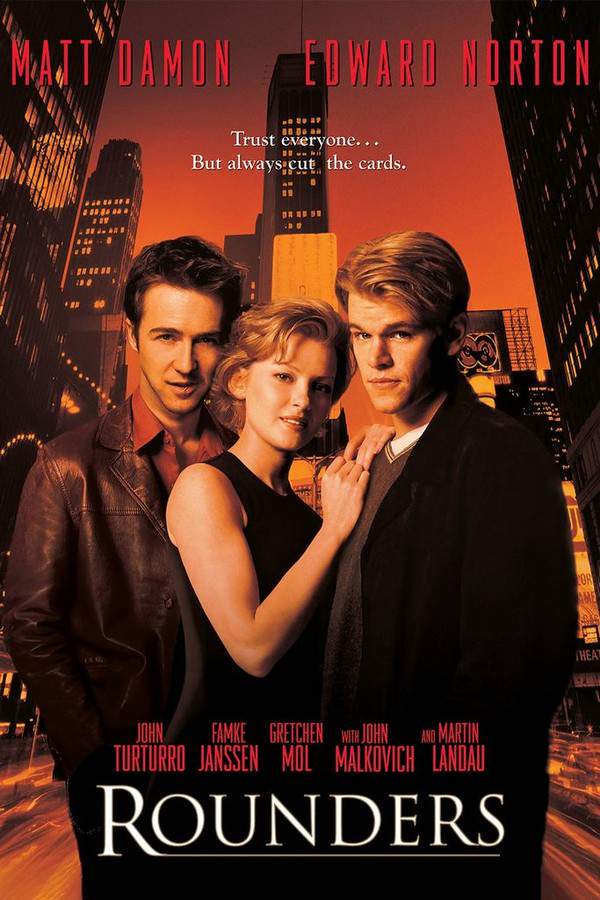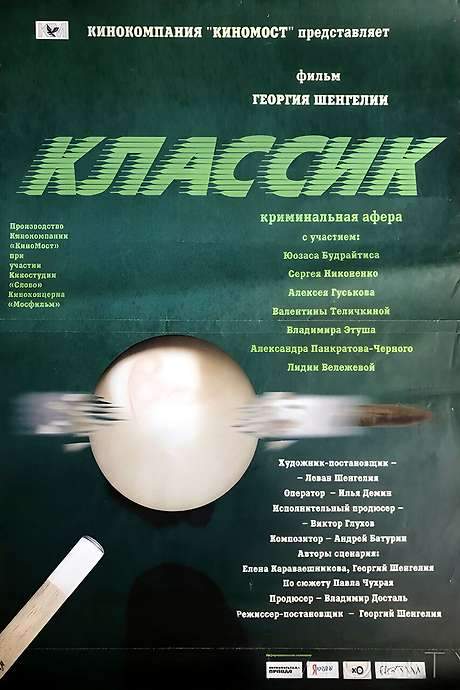
Finder’s Fee
Year: 2001
Runtime: 100 mins
Language: English
Director: Jeff Probst
Friends Tepper, Quigley, Fishman and Bolan meet for their weekly poker night, each contributes a lottery ticket unchecked until the game ends. On a stormy evening, Tepper, about to propose, finds a wallet with a $6 million winning ticket. He contacts the owner, Avery, hides the ticket; when Avery arrives, he asks to join the game, raising the stakes.
Warning: spoilers below!
Haven’t seen Finder’s Fee yet? This summary contains major spoilers. Bookmark the page, watch the movie, and come back for the full breakdown. If you're ready, scroll on and relive the story!
Finder’s Fee (2001) – Full Plot Summary & Ending Explained
Read the complete plot breakdown of Finder’s Fee (2001), including all key story events, major twists, and the ending explained in detail. Discover what really happened—and what it all means.
Tepper [Erik Palladino] finds a wallet on his way home and, after dialing a number tucked inside, discovers it contains this week’s $6 million lottery winning ticket. The moment shifts from quiet curiosity to high-stakes tension as Tepper weighs what to do with a fortune that could change everything, all while keeping the discovery a secret from the wallet’s owner.
Shortly after, his poker-night crew arrives for their weekly game: Quigley [Ryan Reynolds], Bolan [Dash Mihok], and Fishman [Matthew Lillard]. The gathering runs on a mix of humor, nerves, and a shared love of risk, with a strict rule that everyone must buy a lottery ticket for the pot. They play as a freezeout, meaning the winner takes all, and the stakes immediately feel personal rather than purely philosophical. The air hums with casual bravado as each man sizes up the others, trading stories while the table becomes a pressure cooker of loyalty and greed.
The owner of the wallet makes his entrance: Avery Phillips [James Earl Jones], an older man who carries himself with a wary calm. Tepper’s conscience tugs at him as he contemplates the moral dilemma: should he pocket the ticket or try to return it? Avery’s arrival coincides with a tense, almost ritual moment where he calls his wife, unable to reach her, and ends up staying to play darts—an odd prelude before the cards. Tepper tries to steer Avery toward leaving, yet circumstances shift when NYPD officers lock down the building for an investigation, forcing everyone to improvise under pressure. Avery’s presence unsettles the room, especially as Tepper notices him moving around with an anxious, almost instinctive wariness.
Avery’s situation grows more layered when Bolan recognizes him from the camp where he once taught children fire safety. Avery explains that he is supporting his family by driving a bus after disability checks fall short, a detail that adds a fragile human dimension to the man behind the ticket. The friends decide to join the game by contributing their own tickets, but a spark of suspicion lingers: Avery seems to sense Tepper’s interest in the ticket, and the tension between the two players thickens the atmosphere around the table. Tepper even tries to smooth things over by giving his granddaughter a baseball card he admires, a small gesture that underscores the stakes—not just money, but pride, family, and the fragile economy of everyday life.
As the game unfolds, a rickety balance forms around the dinner-table drama. A rule emerges: anyone who leaves the table must drop their ticket in play, keeping everyone tethered to the outcome. Tepper, who has a duplicate deck, crafts a hand that looks good enough to win but relies on careful deception. He manages to conceal a critical duplicate card that would spell disaster for him if discovered, and Quigley begins to suspect something is off. The tension peaks when Tepper fakes a need for the bathroom and uses the opportunity to hide a card that could turn the tide, while Quigley steps in to challenge the apparent luck that seems to favor Tepper. The quartet’s careful choreography becomes a web of misdirection, all while the real prize—Avery’s winning ticket—hangs in the balance.
The pivotal moment arrives as Tepper and Avery duel over the fate of the ticket. Tepper calls for the numbers to be announced, trying to nullify a possible win, but Quigley isn’t fooled and calls Tepper’s bluff. The room erupts; Quigley shatters a chair over Avery’s head, a shocking act that reveals how far the night has spiraled from friendly competition to something closer to a reckoning. Carla, Tepper’s girlfriend, contacts him over the intercom and, in a bitter monologue, confesses that she initiated the whole scheme and is tired of the game—then she leaves, leaving Tepper to confront the consequences of her manipulation.
A 911 call about Avery’s injury brings the same officer back into the story, a reminder that the stakes have drawn real authorities into a tangle of deceit and desire. Tepper and the others try to ease Avery’s distress while revealing that they still possess Avery’s winning ticket, which Tepper offers to the officer for safekeeping. One by one, everyone else leaves, with Avery sitting heavily on the edge of retirement, his future suddenly uncertain. Tepper, still holding the winning ticket in reserve, makes a final, uneasy phone call to Carla, hoping for a resolution that could salvage something out of the wreckage.
Then, in a closing twist, the real Avery Phillips [James Earl Jones] finally steps into the aftermath, revealing the complex history behind the night’s events and leaving Tepper to face the consequences of his choices. The ensemble’s dynamics—friendship, luck, greed, and guilt—linger as the film closes, offering a portrait of how one moment of chance can ripple through a tight circle of friends, leaving everyone forever altered by what could have been a simple win, and what it turned into instead.
Last Updated: October 09, 2025 at 16:53
Explore Movie Threads
Discover curated groups of movies connected by mood, themes, and story style. Browse collections built around emotion, atmosphere, and narrative focus to easily find films that match what you feel like watching right now.
Pressure Cooker Morality Movies like Finder’s Fee
Stories where confined settings force characters to confront their greed and betrayal.If you liked the confined tension and ethical unraveling in Finder’s Fee, explore these movies where characters are trapped by circumstance. These thrillers and dramas use a single setting to create a pressure cooker of moral conflict, betrayal, and high-stakes decisions among a small group.
Narrative Summary
Narratives in this thread often unfold in real-time or over a short period within a limited space, like a single room. A central catalyst, such as a secret or a valuable object, escalates tension and pits characters against each other, revealing hidden agendas and forcing a climactic confrontation over a moral or ethical fault line.
Why These Movies?
These movies are grouped together because they share a claustrophobic, tense mood and a steady, methodical pacing that amplifies interpersonal conflict. They focus on how pressure exposes character flaws and the fragility of relationships, often leading to a bittersweet or consequential ending.
Movies about High-Stakes Gambles and Deception like Finder’s Fee
Where a single high-stakes gamble exposes the deceptive nature of relationships.Fans of Finder’s Fee's poker-night deception will enjoy these movies about high-stakes gambles. These films explore the psychology of greed and betrayal, where a potential windfall puts friendships and morals to the ultimate test, often within the framework of a game or a risky venture.
Narrative Summary
The narrative pattern involves a seemingly straightforward game or opportunity that quickly spirals into complex deception. Characters who appear friendly become rivals, manipulated by the allure of a prize. The story follows the calculated risks and escalating lies, culminating in a twist or revelation that recontextualizes the entire gamble.
Why These Movies?
These films share a core theme of greed corrupting relationships, delivered with a tense tone and moderate narrative complexity. They are united by the focus on a high-stakes secret that drives the plot and the bittersweet aftermath of characters facing the consequences of their choices.
Unlock the Full Story of Finder’s Fee
Don't stop at just watching — explore Finder’s Fee in full detail. From the complete plot summary and scene-by-scene timeline to character breakdowns, thematic analysis, and a deep dive into the ending — every page helps you truly understand what Finder’s Fee is all about. Plus, discover what's next after the movie.
Finder’s Fee Timeline
Track the full timeline of Finder’s Fee with every major event arranged chronologically. Perfect for decoding non-linear storytelling, flashbacks, or parallel narratives with a clear scene-by-scene breakdown.

Characters, Settings & Themes in Finder’s Fee
Discover the characters, locations, and core themes that shape Finder’s Fee. Get insights into symbolic elements, setting significance, and deeper narrative meaning — ideal for thematic analysis and movie breakdowns.

Finder’s Fee Spoiler-Free Summary
Get a quick, spoiler-free overview of Finder’s Fee that covers the main plot points and key details without revealing any major twists or spoilers. Perfect for those who want to know what to expect before diving in.

More About Finder’s Fee
Visit What's After the Movie to explore more about Finder’s Fee: box office results, cast and crew info, production details, post-credit scenes, and external links — all in one place for movie fans and researchers.



